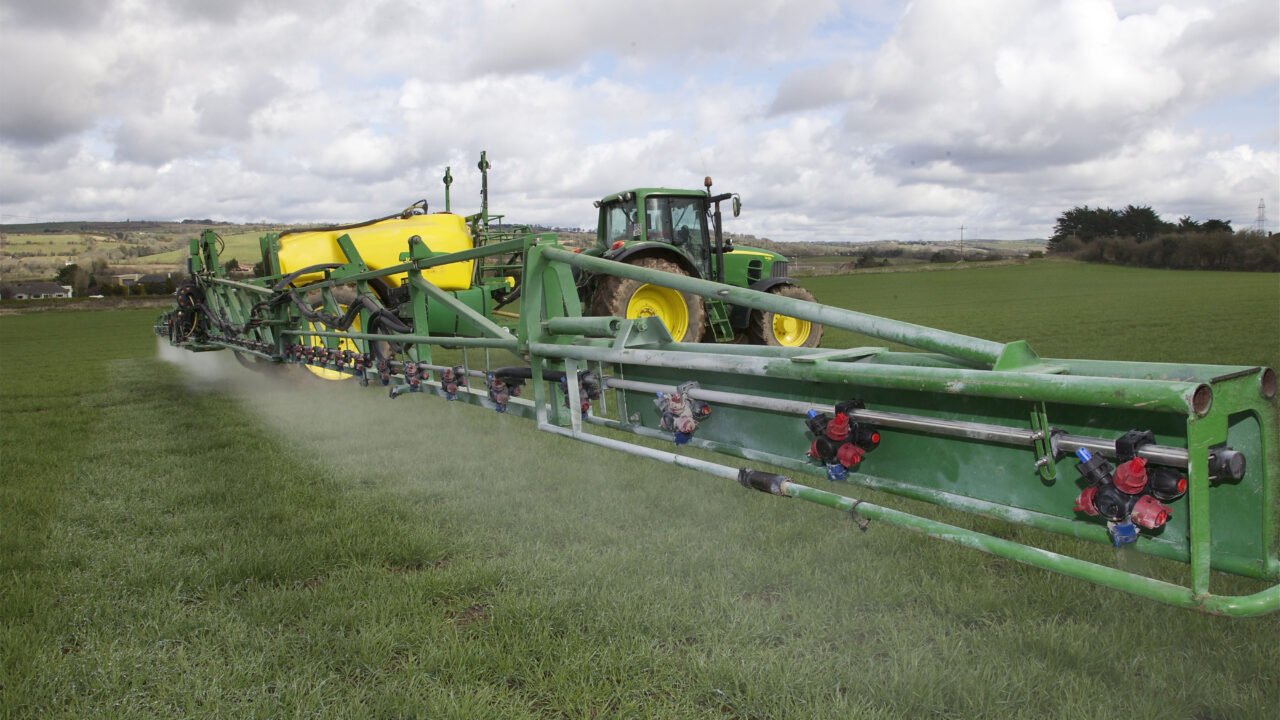The Department of Agriculture, Food and the Marine (DAFM) has highlighted the key changes that are referenced within the European Union’s proposed Sustainable Use Regulation, particularly regarding pesticides.
Head of the Pesticide Controls’ Division within DAFM, AnneMarie Dillon has confirmed that the current Sustainable Use Directive (SUD) will be withdrawn, its measures fundamentally reviewed, and a replacement ‘regulation’ introduced within the next couple of years.
So what are the key changes, regarding the use of pesticides that are coming down the track?
Dillon explained: “The first thing to mention within the new proposal is that it includes legally binding reduction targets.
“These must be met all EU member states by 2030, in line with the Europe’s Farm to Fork strategy.
“This is talking about a 50% reduction in the usage and risk associated with pesticides. These criteria will be measured on the basis of sales-related data from each member state.
“There will be particular weightings for individual pesticides, based on their risk profile,” she added.
These reduction targets will relate to baseline data relevant to the period 2015 to 2017.
Use of pesticides
According to the DAFM representative, there will be a continuing emphasis on the use of integrated pest management (IPM) criteria when it comes to the future guidelines that relate to the actual use of agrochemicals.
“Under the current proposal, the pesticide user will have a legal obligation to implement IPM, based on specific rules. This will have to be documented,” she said.
“Professional users will be required to keep electronic records. And any interventions, whether these be chemical, physical, biological or cultural, will also have to be documented.
“There will be crop-specific rule, including the likes of threshold levels.”
Another aspect worth noting relates to the area of independent advice. The new proposals include a requirement for a system of independent advisors for professional users, according to the DAFM representative.
“This includes advice on issues such as IPM and risk mitigation, at least once per year. Records must be kept accordingly for at least three years,” Dillon said.
“The proposed regulation will focus on sensitive areas in greater depth, than would currently be the case.
“The new proposals rule out the use of plant protection products altogether in sensitive areas, or within 3m of these areas.
“Currently, the scope of a defined sensitive area is very broad. Under the proposed regulation, this issue will be more specifically defined,” she explained.
